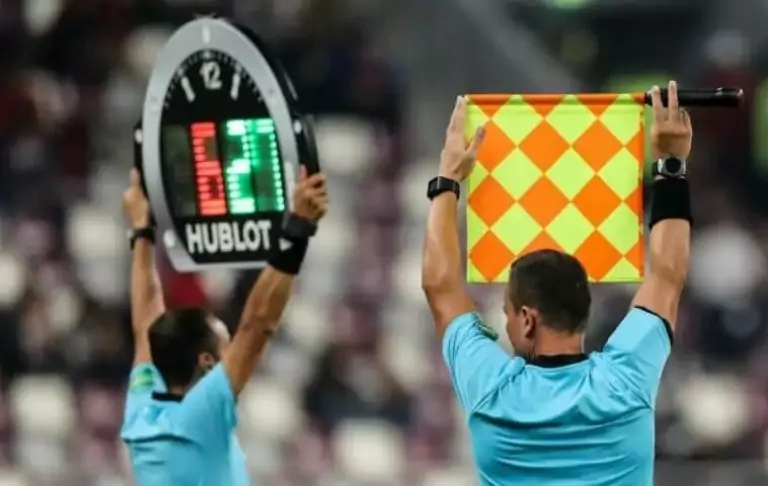Since the commencement of the 2023 African Cup of Nations (AFCON) in Ivory Coast on January 13, it is essential to understand the nuances governing team substitutions during match confrontations.
In the wake of the COVID-19 pandemic, FIFA and its affiliated confederations, under the aegis of the International Association Football Council (IFAB), introduced a pivotal change allowing up to five substitutions per match in competitions.
The Confederation of African Football (CAF) duly adopted this modification during AFCON 2021 in Cameroon, permitting each team five changes, a protocol upheld in the ongoing AFCON 2023.
The IFAB regulations stipulate that teams are entitled to five substitutions but within three distinct phases of the match.
It is crucial to emphasize that although teams can make up to five substitutions, it is not obligatory, and coaches can exercise this option flexibly, with a maximum of three opportunities for substitutions during the regular 90 minutes.
However, the saga of substitutions extends into extra time. IFAB outlines that during extra time, each team can deploy an additional replacement, presenting an “extra opportunity for replacements.”
This signifies that in the extended 120 minutes, teams can now make up to six substitutions, distributed across four stages as opposed to three in the standard 90 minutes.
Despite the clarity provided by IFAB, a disconcerting observation arises with CAF’s documentation.
The official regulations provided by CAF still maintain outdated information, asserting, “Substitutions of up to a maximum of three players per team are permitted throughout a match.
However, in the event of overtime, additional replacement will be allowed for each team.”
Contrary to this official statement, the matches featuring Ivory Coast, Algeria, Ghana, Cape Verde, and Angola have already witnessed each team executing five substitutions in their initial encounters.
This discrepancy raises concerns of confusion among football enthusiasts and stakeholders, including coaches and players, underlining the imperative need for CAF to promptly update its official documentation to align with the current substitution protocols enforced by IFAB.











